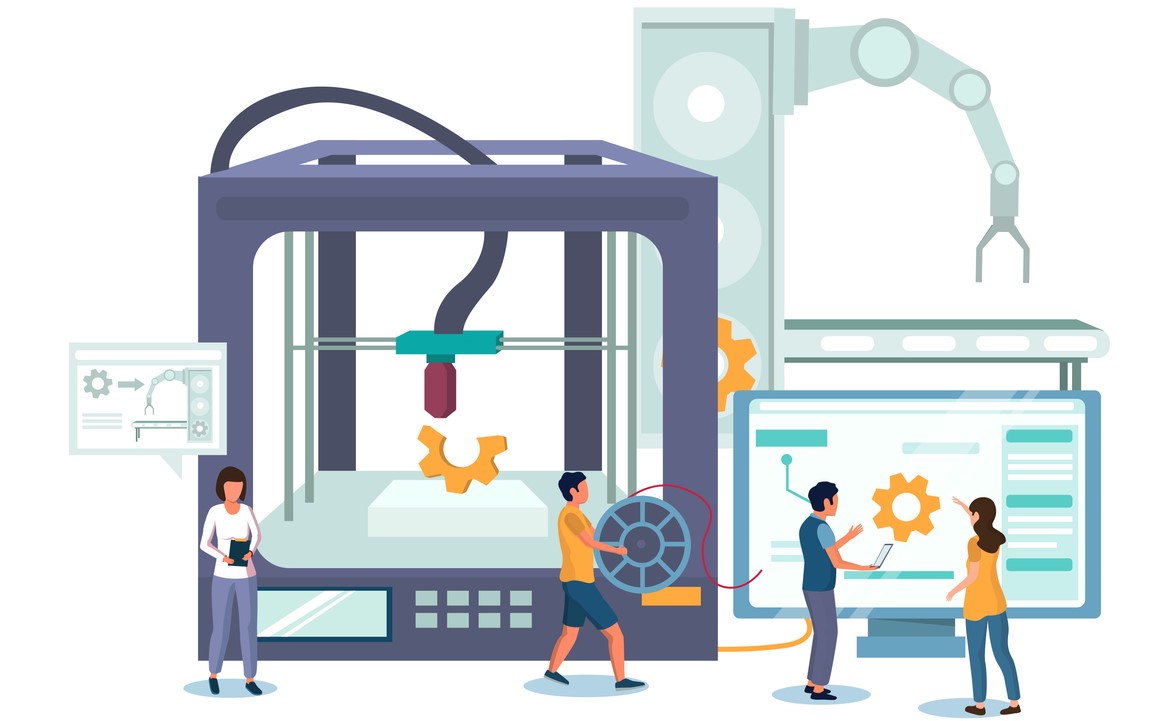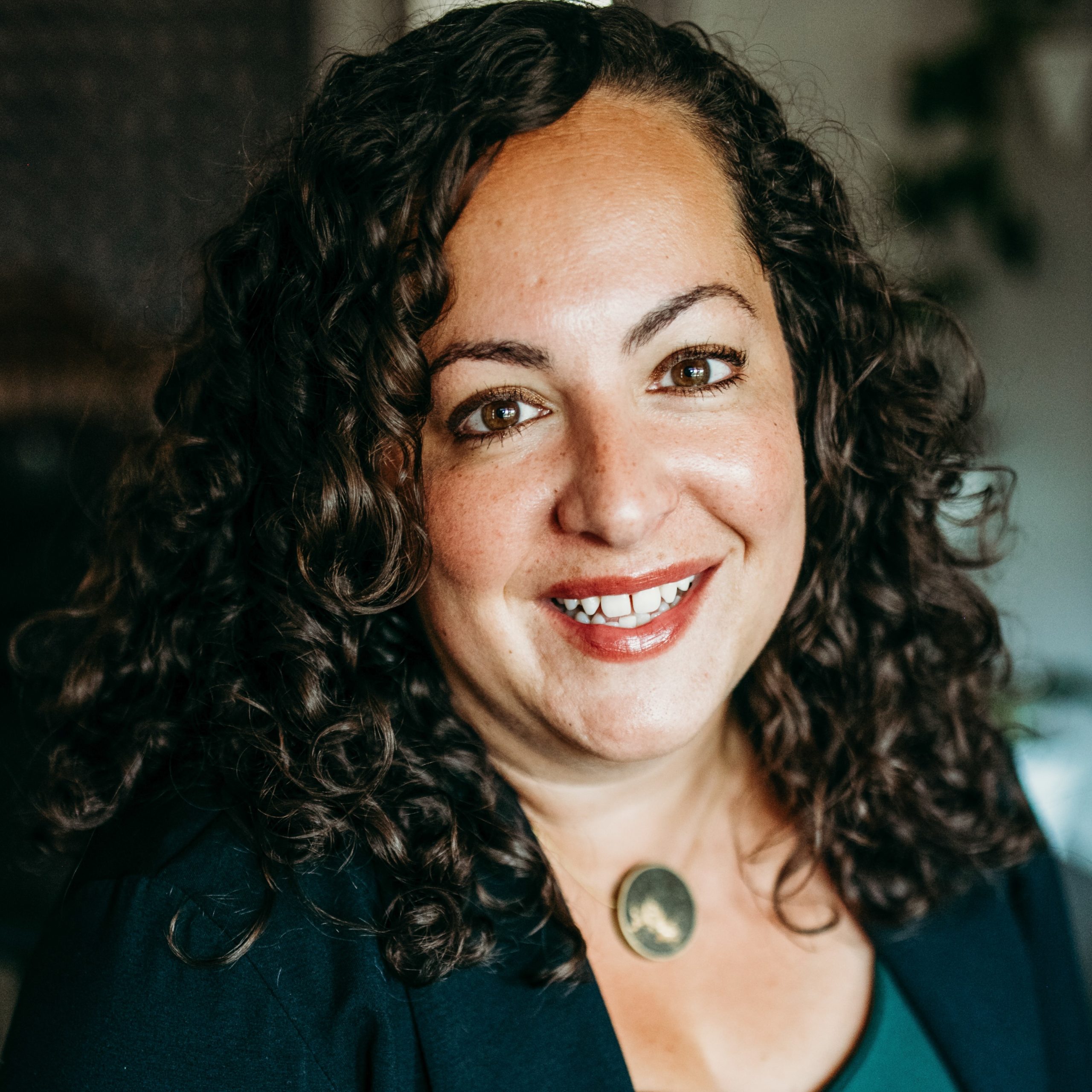Making inroads for college researchers amidst Canada’s university-dominated research and innovation landscape often feels like climbing uphill in mud. This feeling persisted long before the pandemic and has only been amplified since. But, like climbing uphill in mud, it’s an invigorating adventure. The work of our researchers is too often overlooked and undervalued, and it’s long overdue that we start talking more about it.
While the federal government invests more than $3 billion in research at post-secondary institutions each year, less than three per cent is dedicated to college research. That little bit goes a very long way, and more would go even farther. As Polytechnics Canada demonstrates in its 2021 Pre-Budget Submission, we can leverage our research capacity to help small and medium businesses re-tool and re-imagine the future – and help Canada build back better.
Accelerating economic development
Since 2007, George Brown College has built up significant capacity in research and innovation that is vital to stimulating economic and social development. We have secured over $85 million in research funding and worked with 1,591 industry and community partners to help them develop and improve products and services; prototype, test and commercialize new technologies; and access research funding and partners. These projects connect our students with experiential learning opportunities, and leverage and enhance employee expertise. We have engaged 1,179 researchers and provided 15,244 student research experiences on 1,724 projects over the past 14 years.
“Demand from industry and community partners for research support from colleges has remained consistent since the onset of the pandemic and has even increased in many sectors. Across all our research program areas – Fashion, Food and Beverage, Interactive Design, Health and Wellness, Product Development, Social Innovation, Sustainability and the Built Environment, Teaching and Learning – we listen to the needs and ambitions of industry, community and academic partners to find ways to serve them and accelerate and promote Canadian innovation. As we enter a period of post-pandemic recovery, we will continue to build on this strong foundation.“
Fostering a more equitable society
A critical component of this, particularly as George Brown engages in building community to challenge systemic racism, is our ongoing commitment to supporting research stakeholders in developing the competence and resilience needed to address individual and collective issues that contribute to inequity. This involves removing barriers, increasing access, and increasing capacity for researchers, students, and other stakeholders from equity-deserving groups. As a recent example, George Brown researchers Melissa Teles and Jennifer Grant worked with community-based youth researchers to shape new spaces for Toronto’s Regent Park neighbourhood. We aim to provide our research stakeholders with tools and mindsets to advance equity and dismantle systemic oppression.
In their book Global Citizenship Education: Challenges and Successes, editors Dr. Eva Aboagye and Dr. S. Nombuso Dlamini note that “As educators in post-secondary institutions, we have a part to play in developing the next generation not only to understand the issues of social and economic inequality, political and civil unrest facing us but also to understand the action-oriented difference they can make both locally and in the wider world.” College researchers show up and do this work every day. Investments from our federal and provincial governments in college research programs lead to direct socioeconomic benefits for Canadian society.
Challenging the status quo
Not only will college-led research and innovation play an important role in social and economic recovery post-pandemic, we also have an opportunity to make all aspects of life better as we transition to a post-pandemic society. I’m using the word “all” very intentionally. From physical and digital product development to infection control, to better designed urban spaces, to sustainable textile manufacturing, to innovation in teaching and learning, colleges like George Brown are positioned to enable a new and better reality, with enhanced quality of life and well-being for everyone.
We should not want to maintain the status quo, or to return to life exactly as we knew it before COVID-19. We need to be more resilient and find the balance between disrupting and adapting as we position ourselves to thrive amidst social revolutions, digitization, knowledge democratization, economic transformation and all the other factors that will define the decades to come.
Leveraging, supporting, enhancing, and celebrating the ways in which college researchers are already making huge strides towards ensuring a strong post-pandemic recovery, I know that together we can not only make it to the top of this muddy hill, but also keep going over the next one. I’m ready for the adventure. Will you join me?
To learn more about partnering with George Brown College on research activities, visit our Office of Research & Innovation webpage.

